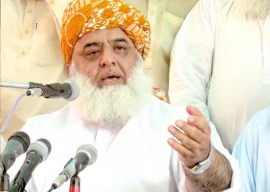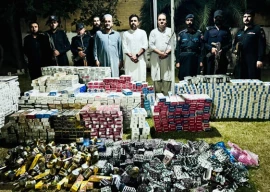
The government has decided to establish a new regulatory body responsible for setting the prices of essential medicines, a task previously managed by the Drug Regulatory Authority of Pakistan (DRAP), according to media reports.
This move is part of broader health sector reforms aimed at streamlining the federal health ministry, according to officials from the Ministry of National Health Services, Regulations, and Coordination (NHS, R&C).
Under Prime Minister Shehbaz Sharif’s directives, the decision to relieve DRAP of its price-setting duties follows the caretaker government’s earlier deregulation of non-essential medicine prices.
The new body will assume responsibility for regulating the prices of approximately 500 essential medicines, which DRAP currently oversees based on the latest World Health Organisation list.
A committee led by Federal Minister for Law and Justice Azam Nazeer Tarar is developing a detailed proposal for the new body.
Two key options are under consideration: establishing an independent regulatory authority or forming a board of experts from various sectors to determine medicine prices.
The ongoing delays in price adjustments for several essential medicines, including the Anti Rabies Vaccine (ARV), have resulted in nationwide shortages.
The pricing for ARV produced by the National Institute of Health (NIH) in Islamabad has been pending for months, exacerbating the situation.
Additionally, decisions on the pricing of various hardship cases have been stalled for over a year, with the federal cabinet yet to act on DRAP's recommendations.
The deregulation of non-essential medicine prices by the previous caretaker government has led to improved availability of these medicines, encouraging competition and potentially reducing costs for consumers.
This move has also attracted interest from multinational pharmaceutical companies considering re-entry into the Pakistani market.
Officials believe that less regulation in pricing will spur both domestic and international investment, driving innovation and growth in the pharmaceutical sector.




1731578852-0/diddy-(41)1731578852-0-165x106.webp)

1731577272-0/Express-Tribune-(1)1731577272-0-270x192.webp)



1731578581-0/BeFunk_§_]_-(17)1731578581-0.jpg)










COMMENTS
Comments are moderated and generally will be posted if they are on-topic and not abusive.
For more information, please see our Comments FAQ